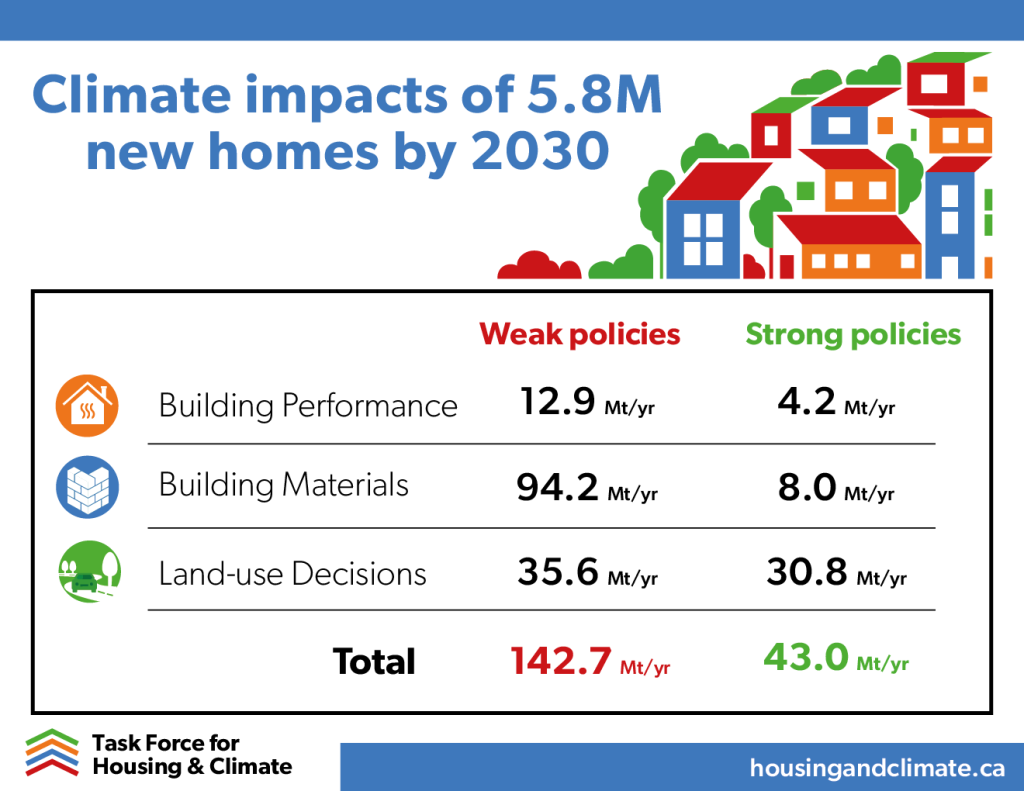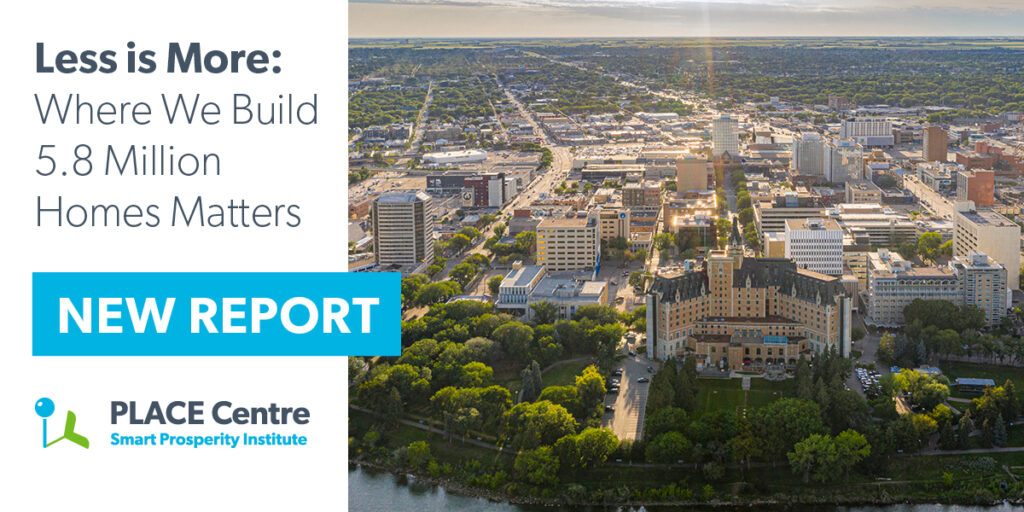Less is More: Where we Build 5.8 Million Homes Matters
There is a broad consensus that Canada is in the midst of a housing affordability crisis. The Canadian Mortgage and Housing Corporation has estimated that 5.8 million homes, nationally, need to be built by 2030 in order to address the housing affordability crisis. In Ontario, the provincial target is 1.5 million homes. As part of […]
Read More







